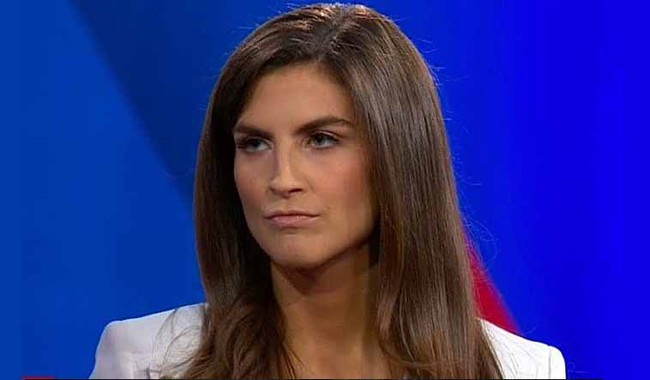Texas Lawmaker Challenges CNN’s Coverage of Redistricting Debate

Texas State Representative Brian Harrison recently criticized CNN’s Kaitlan Collins during a heated exchange about the implications of redistricting in Texas. The discussion highlighted the contrasting reactions from Democrats and Republicans regarding redistricting practices in various states. Harrison’s comments reflect ongoing tensions surrounding this issue, especially as redistricting becomes a pivotal point in political strategy.
During the interview, Harrison pointed out that Democrats have not historically raised complaints about redistricting when they have been in power, labeling their current outrage as hypocritical. “Not a single Democrat has ever complained about redistricting when they’ve done it,” Harrison stated. He argued that the Democratic backlash against Texas Republicans stems not from a genuine concern for fairness but rather from frustration over Republicans utilizing similar tactics.
Harrison further elaborated, saying, “These Democrats, my Democrat colleagues that fled the state to go hide behind Governor Pritzker, they’re not mad that states are engaging in redistricting to maximize partisan political advantage. What they’re mad about… is that a Republican state is stepping up and doing it. That’s the real problem.” His remarks were aimed at highlighting what he perceives as a double standard in media coverage and political reactions.
The conversation intensified as Harrison invoked the actions taken by the Democratic Party in Oregon to send state police after Republican lawmakers who left to deny Democrats a quorum. This situation has been labeled by some as an overreach of authority. Harrison suggested that if it is considered “fascism” for Texas Governor Greg Abbott to act similarly in response to fleeing Democrats, then it equally applies to the actions taken in Oregon.
Harrison’s criticism of CNN extended to their fact-checking practices, which he claimed to be biased. He remarked, “CNN’s fact-checking department: lightning fast when Republicans speak, mysteriously absent when Democrats redraw maps.” This statement underscores his belief that the media is not holding all parties to the same standards.
The discussion has sparked broader conversations about gerrymandering and its implications. Harrison pointed to states such as Illinois and California, suggesting that their redistricting efforts have often gone unchallenged. He called attention to the perception that Democrats favor redistricting when it serves their interests, while condemning similar actions when performed by Republicans.
In closing, Harrison’s exchange with Collins serves as a microcosm of the larger national debate over redistricting. The political landscape in the United States remains deeply divided, with each party accused of employing tactics that serve their electoral advantages. As debates over redistricting continue, the implications for democracy and representation will likely remain at the forefront of political discourse.
This ongoing discussion raises critical questions about the fairness of the electoral process and whether current redistricting practices undermine the principles of democracy. The response from both lawmakers and media will play a significant role in shaping public perceptions and future policies related to redistricting in the United States.






